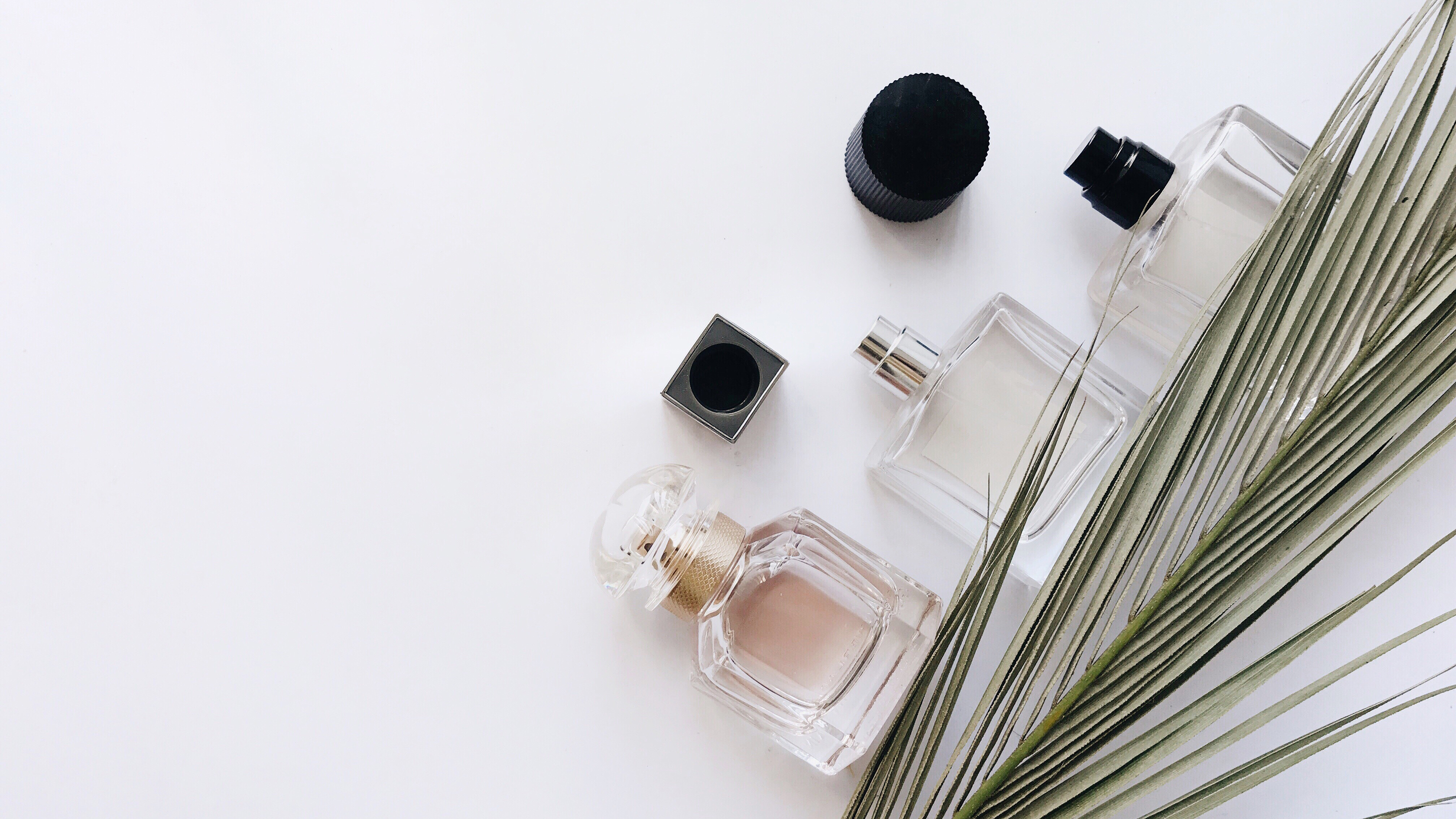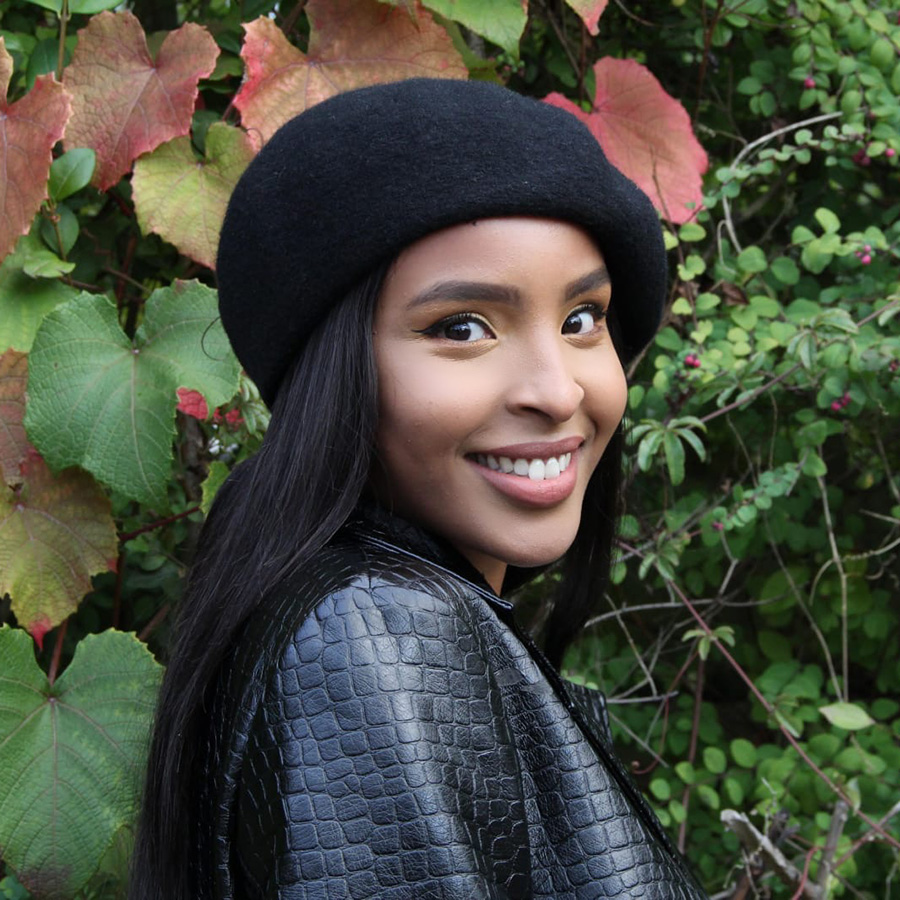How To Layer Perfume
Layering perfumes is a skilful craft, here's how to get started!


Layering perfumes is a skilful craft. One that women have mastered through the ages but can still feel a little overwhelming for those of us who are new to the art of mixing scents. Not all fragrances complement one another and frankly, you can't just pick up the best perfumes and expect them to work together, you need to know your stuff before experimenting with different notes. Luckily, we’re here to help you get started.
We spoke to Rhianne Harvey, fragrance expert and buyer at Lookfantastic, who gave us the lowdown on how to create your own signature scent by layering your perfumes the right way. Here’s what she had to say to some of our most burning questions…
How do you layer perfume?
Layering works by simply combining fragrances to create a bespoke scent. “It may require trial and error, but take your two favourite scents, either playing it safe with ones that include similar notes to create a stronger concoction, or alternatively ones with bold contrasting notes to create something more prominent and memorable,” says Rhianne. “This doesn’t necessarily mean spraying two different perfumes on top of each other, it can start with a fragranced body lotion or oil with a lighter perfume applied on top. Experiment with different forms of scents, trying some on different pulse points or even in your hair.”
She explains that a general tip for layering is that whatever their form, heavier scents should always be sprayed or applied first. This is to ensure they don’t overpower their lighter counterparts.
What are the benefits?
The main benefit of perfume layering is that you can create your own signature scent.
“Scent layering gives the opportunity to find a truly unique scent that becomes part of the wearer’s identity and different layers can be tailored to suit the intention or mood of the wearer. It’s also a great idea for a special occasion to help develop olfactory memories of those important events you don’t want to forget.”
What scents go well together?
While there’s no exact rule book on what scents go well together, there are some key things to look out for when layering perfumes.
Get all the latest news, reviews, deals and buying guides on gorgeous tech, home and active products from the T3 experts
“Beginners should start with finding a similar single note across two fragrances and using that as the anchor to pair the scents,” explains Rhianne. “Simpler fragrances that boast the main fragrance note such as jasmine or rose will be easier to layer.”
As for notes to avoid mixing, once again, there is no one rule for all as each fragrance smells different on different people. However, Rhianne does point out that when layering, it is important to choose a lighter scent to complement a heavier, more robust scent. “Two heavy fragrances will mix to become overwhelming to the wearer and those they are around.”
What not to do when layering perfumes
Keeping track of what not to do when layering perfumes is just as important as knowing what to do and how to do it. “An important thing to remember when layering perfume, or wearing perfume in general, is not to rub wrists together or rub your wrists onto your neck to transfer fragrance,” says Rhianne.
“This smashes the delicate fragrance notes and can actually cause the scent to smell different.” Instead, she advises gently pressing your wrists together to blend scents or to distribute one scent evenly across both wrists.
Another important tip is to always try your scent on a piece of paper first. “This gives the alcohol a chance to evaporate, leaving the scent in its purest form. When you’ve found your type on paper, go back and spray it on your skin, focusing on your pulse points [an area on the body where blood pumps near the skin’s surface, for example, the inside of your wrist or behind your ear]”. You can read T3's guide on how to apply perfume for more expert tips.
Once you’ve mastered this, then you’re good to go!
Liked this? Then you can read T3's guide on the best women’s perfumes and best men’s fragrances.

Sagal is a lifestyle and pop culture writer, working across print and digital for various publications including both newspapers and magazines.